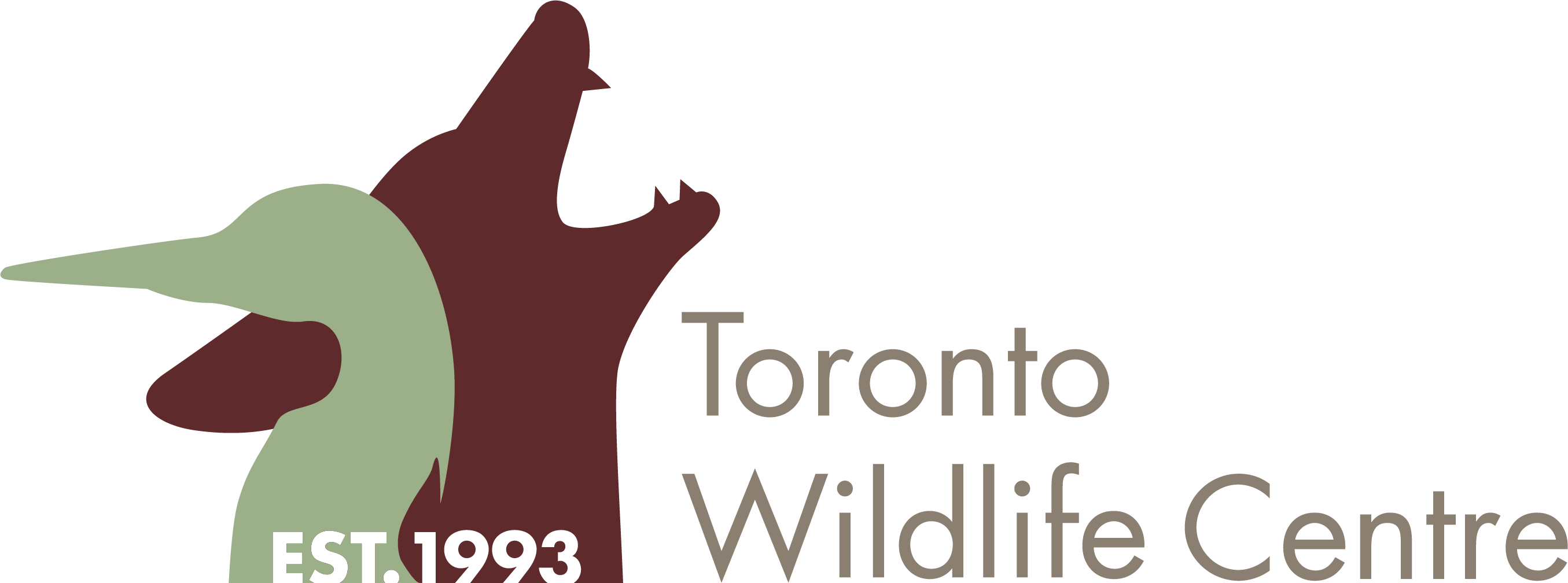Raccoons aren’t dangerous to people
Raccoons are very common in cities and suburbs, so encounters happen often. Sometimes raccoons can appear to be bold or aggressive, but they are naturally cautious of people and won’t attack under normal circumstances. Even a mother raccoon with babies is more likely to run away in fear than she is to stand up to a big, scary predator like a human!
Bold raccoons
Raccoons are very curious and used to living near people, so they can sometimes seem very bold. A raccoon’s natural response to a confrontation is to freeze and stare at you. It’s still afraid of you, it’s just waiting to see what your next move is. If the raccoons in your neighbourhood seem particularly bold, it may be that one of your neighbours is feeding them—either intentionally, or indirectly by leaving out garbage, compost, or pet food where the raccoons have access.
What to do about bold raccoons
Clap your hands, yell at the raccoon, and step towards it—that should be enough to convince it to run off. A spray with a hose, tennis balls thrown in its direction, banging a pot or using an airhorn can also be effective at reminding raccoons that you’re a scary predator. If the raccoons are used to being fed by humans, you may need to be very loud and boisterous to scare them off, but they should still respond.
If you’ve tried all of these things and the raccoon is unresponsive, or does not even look up at you or try to get away, there may be something wrong. Contact a wildlife rehabilitator for advice.
Aggressive raccoons
While a normal raccoon wouldn’t attack a person, they will sometimes “bluff” if they feel threatened or cornered. Raccoons may huff, grunt, or “charge” at you, but they’re just trying to scare you off so you’ll leave them alone.
What to do about aggressive raccoons
Back off a little—if the raccoon feels trapped, this will give it some room to get away from you. Once you’ve backed off, yelling and clapping your hands will remind the raccoon that you’re a big, scary predator.
Just about the only time we see people get bitten or scratched by raccoons is when they’re handfeeding one or trying to keep one as a pet. However, if you do get bitten or scratched by a raccoon, you should contact your family doctor immediately.
Don’t feed raccoons!
Raccoons are perfectly capable of finding their own food and surviving without our help, even in the winter. Feeding them only teaches them to associate humans with food, and makes them bolder and more likely to approach people. This can be very dangerous for a wild animal—not everybody likes raccoons!
If you suspect a neighbour is feeding the raccoons or other wildlife in your area, feel free to direct them to our website. We’ve got lots of information on why feeding wildlife is usually not a good idea, and if they still have questions they are welcome to call our wildlife hotline.
Please don’t feed raccoons.

